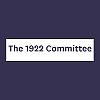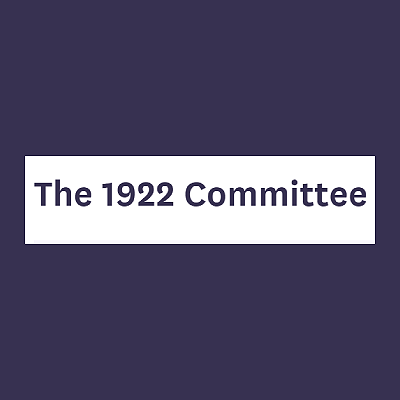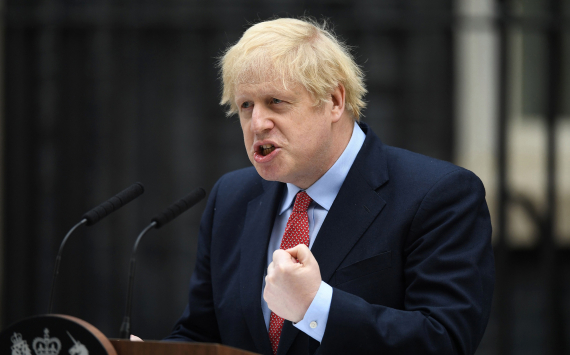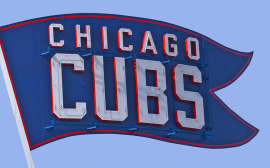Description
The 1922 Committee, formally known as the Conservative Private Members' Committee, is the parliamentary group of the Conservative Party in the House of Commons of the United Kingdom. The committee, consisting of all Conservative backbench members of Parliament, meets weekly while Parliament is in session and provides a way for backbenchers to co-ordinate and discuss their views independently of frontbenchers. Its executive membership and officers are by consensus limited to backbench MPs, although since 2010 frontbench Conservative MPs have an open invitation to attend meetings. The committee can also play an important role in choosing the party leader. The group was formed in 1923 but became important after 1940. The committee, collectively, represents the views of the Conservative Party parliamentary rank and file to the party leader, usually also the prime minister of the United Kingdom or leader of the Opposition. Whips are present but their role is limited to announcing future business and reporting questions and complaints to the chief whip.
Committee constitutional matters
The 1922 Committee has an 18-member executive committee, the chairman of which oversees the election of party leaders, or any Conservative party-led vote of no confidence in a current leader. Such a vote can be triggered by 15 per cent of Conservative MPs (360 MPs as of January 2022, requiring 54 to trigger) writing a letter to the chairman asking for such a vote. This process was used most recently on 12 December 2018, against Theresa May, who won the vote. The last time a leader lost such a vote was on 29 October 2003, when Iain Duncan Smith was defeated by 90 to 75.
Origins
The name does not, as is sometimes wrongly supposed, stem from the 19 October 1922 Carlton Club meeting, in which Conservative MPs successfully demanded that the party withdraw from the coalition government of David Lloyd George, and which triggered the 1922 general election. The committee was formed following the election, in April 1923.
The MPs who founded the committee were not the same as those who had taken the decision to end the 1916–1922 coalition government. It began as a small dining group of new members elected in 1922. The committee soon developed into a ginger group of active backbenchers. After the 1923 and 1924 elections, the membership expanded as more new Conservative MPs were elected, and in 1926 all backbench MPs were invited to become members. It became known as the Conservative Private Members' Committee. Consequently, it became a platform for the majority rather than a focus for discontent.
The term "men in suits" or "men in grey suits", meaning a delegation of Conservative MPs who tell a party leader that it is time for them to step down without forcing an open challenge, is often used in reference to members of the 1922 Committee. It became popular following the resignation of Margaret Thatcher.
2010 changes
On 19 May 2010, shortly after the Conservatives had formed a coalition government with the Liberal Democrats, Prime Minister David Cameron suggested altering the committee to involve frontbench ministers in the recommendation forming process, angering some backbench MPs. On 20 May 2010, Committee members voted to approve the change, with 168 votes in favour and 118 against. Many backbench party members criticised the move and voted against it, while ministers had argued such a change would be necessary to continue operating coherently as a party during its membership of a coalition government.
However, under Graham Brady, who became chairman in 2010, it was clarified shortly after that vote that although frontbenchers became able to attend meetings of the committee, only backbenchers would be able to vote for its officers and executive committee, similarly to the Parliamentary Labour Party.
Current executive committee
As of 20 January 2020, the executive committee comprised:
Chair
Joint Vice-Chairs
Executive secretary
Treasurer
Executive members:
- Karl McCartney
- Sir Bernard Jenkin
- Jason McCartney
- Nicola Richards
- Sheryll Murray
- Richard Holden
- Martin Vickers
Former chairmen
Gervais Rentoul (1923–1932)
William Morrison (1932–1935)
Hugh O'Neill (1935–1939)
Patrick Spens (1939–1940)
Alexander Erskine-Hill (1940–1944)
John McEwen (1944–1945)
Arnold Gridley (1946–1951)
Derek Walker-Smith (1951–1955)
John Morrison (1955–1964)
William Anstruther-Gray (1964–1966)
Arthur Vere Harvey (1966–1970)
Harry Legge-Bourke (1970–1972)
Edward du Cann (1972–1984)
Cranley Onslow (1984–1992)
Marcus Fox (1992–1997)
Archie Hamilton (1997–2001)
Michael Spicer (2001–2010)
Secretaries
Victor Goodhew (1979–1983)
Jill Knight (1983–1987)






















